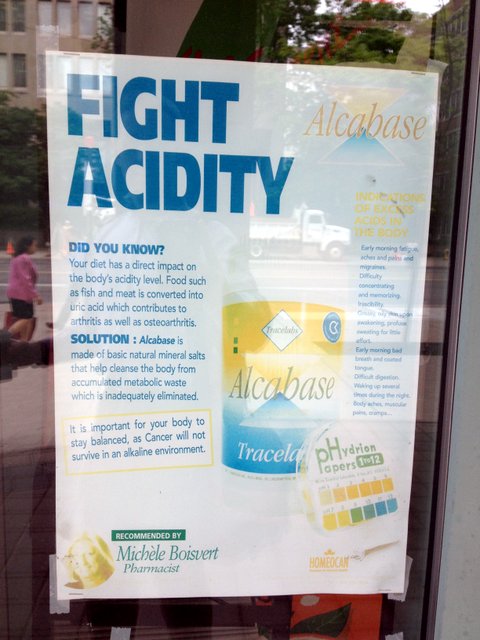It’s not a surprise. It’s about six years overdue. Andrew Wakefield will lose his medical license. Yes, the (in)famous Andrew Wakefield, the individual that started the modern antivaccination movement, and drove measles to become endemic in the United Kingdom again, will no longer be practicing medicine in the United Kingdom. It’s all the result of his discredited (and now fully retracted from the medical literature) 1998 Lancet paper that attempted to link gastrointestinal symptoms in children to the administration of the MMR vaccine, an argument that was shown to be specious.
The full judgment from the General Medical Council is available, and it’s a scathing summary of Wakefield’s behavior. It’s important to note that Wakefield did not lose his license because of his theories about the MMR vaccine and autism. It was because of his dishonest and unethical behavior in the conduct of his research. To recap, findings included:
- Wakefield accepted £50,000 to act as an expert on the MMR vaccine, before beginning his research.
- Wakefield had also previously filed for patents, including for his own single vaccine.
- He never received research ethics board approval for the work he undertook.
- He conducted a number of invasive studies in children, including spinal taps (lumbar punctures) that were medically unnecessary.
- Wakefield was the lead author of the paper which appeared in the Lancet in 1998. In that paper, he failed to disclose that the child subjects had been investigated directly for the purpose of identifying a link between the MMR vaccine and gastrointestinal disease. This resulted in a misleading description of the patient population. The council noted:
In the paper, Dr Wakefield failed to state that this was the case and the Panel concluded that this was dishonest, in that his failure was intentional and that it was irresponsible.
- The Lancet paper stated the children were consecutive referrals to the hospital’s Department of Pediatric Gastroenterology. This was not the case:
In those circumstances the Panel concluded that the description of the referral process was irresponsible, misleading and in breach of Dr Wakefield’s duty as a senior author.
- Subsequent to the publication Wakefield had multiple opportunities to correct the multiple misleading statements in the paper. He did not provide these corrections.
- Wakefield also used a child’s birthday party as an opportunity to obtain blood samples, again without any ethical approval:
Dr Wakefield caused blood to be taken from a group of children for research purposes at a birthday party, which the Panel found to be an inappropriate social setting. He behaved unethically in failing to seek Ethics Committee approval; he showed callous disregard for any distress or pain the children might suffer, and he paid the children £5 reward for giving their blood.
And here’s the Council’s conclusion:
Accordingly the Panel has determined that Dr Wakefield’s name should be erased from the medical register. The Panel concluded that it is the only sanction that is appropriate to protect patients and is in the wider public interest, including the maintenance of public trust and confidence in the profession and is proportionate to the serious and wide-ranging findings made against him.
To summarize, Wakefield conducted unethical and shoddy research on children to further a line of evidence he stood to profit from. Despite multiple opportunities to correct his data, he continue to advance a hypothesis that was unsupported by the finding from his own work. One might hope that this draws the Wakefield chapter to a close, but I doubt it will be that simple. Wakefield had already achieved martyr status among the antivaccination crowd. He’s got a book in the works, and is on the speaker circuit, talking about the dangers of vaccination programs.
For those of you that prefer pictures to text, check out this amazing comic strip from Darryl Cunningham about the Wakefield saga. It sums up this unfortunate public health debacle with far more brevity and eloquence.

You must be logged in to post a comment.